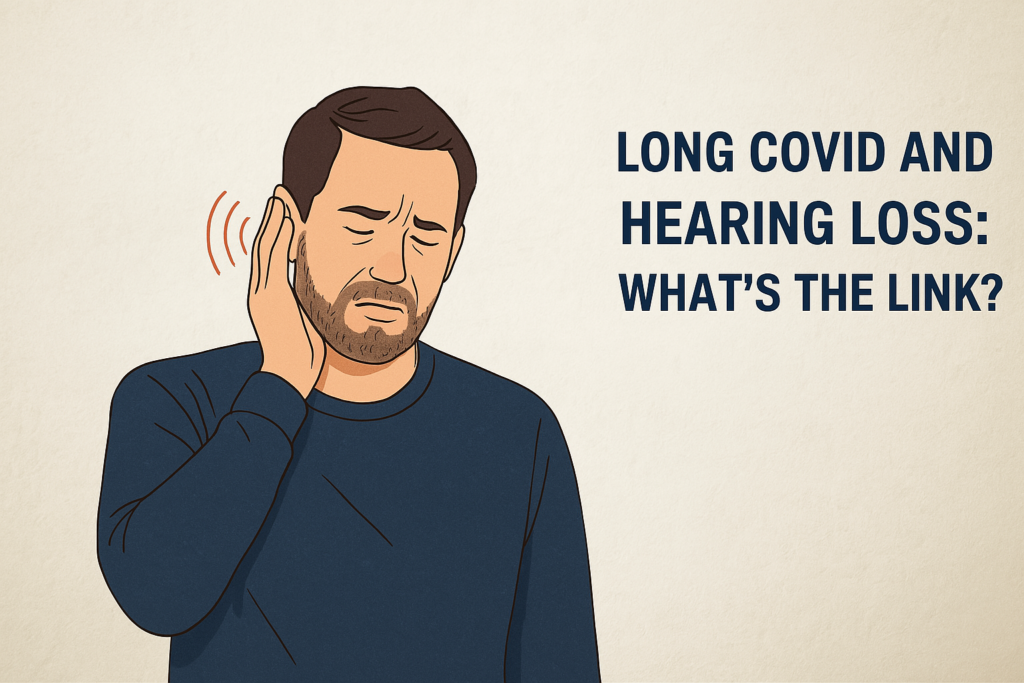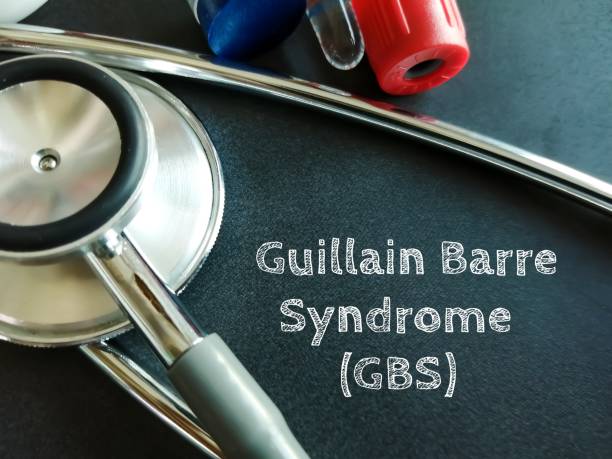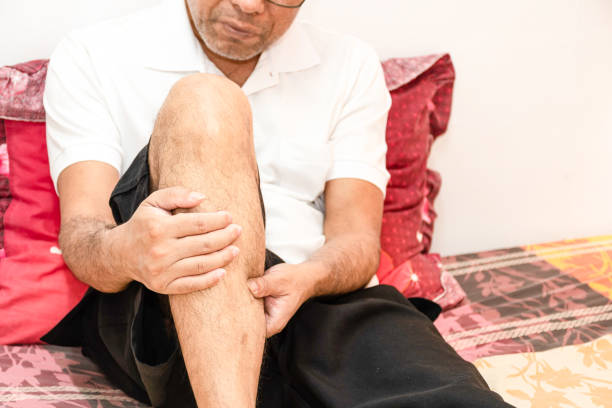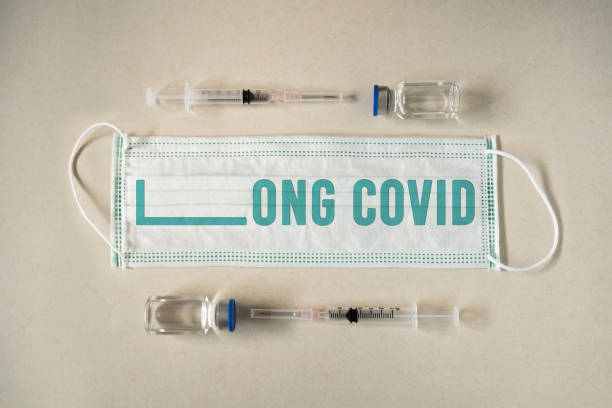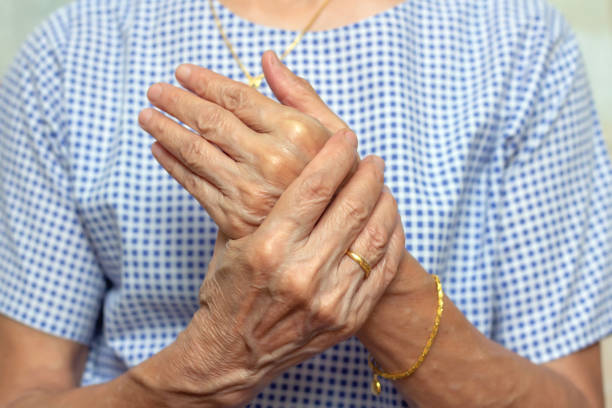We don’t often stop to think about our hearing—until something changes. You expect the world to sound the same every day, and then one day, it doesn’t. That’s what some people recovering from COVID-19 are experiencing. As if fatigue and brain fog weren’t enough, some are now dealing with ringing ears, muffled sounds, or even sudden hearing loss weeks or months after the virus has passed. It’s unsettling, to say the least. But is it all just coincidence? Or is there a real link between Long COVID and hearing loss? Let’s unpack the evidence and stories that are beginning to connect the dots.
Understanding Long COVID and Hearing Loss
Long COVID is a term that’s become all too familiar, describing symptoms that linger long after the initial infection fades. Most people think of exhaustion or trouble concentrating, but auditory symptoms are quietly making their way into the spotlight. People have reported tinnitus (ringing in the ears), vertigo, and even hearing loss that seems to come out of nowhere. A study in Nature found nearly 15% of COVID-19 survivors had some kind of ear or balance-related issue (Nature). While researchers are still investigating, it’s becoming clear that the ears might not be as immune to COVID-19 as we once thought.
How COVID-19 Might Impact Hearing
So, how exactly could a respiratory virus like COVID-19 affect your hearing? Scientists believe the virus may cause inflammation in the auditory nerve or even damage the cochlea, a key structure in the inner ear. Another possibility? The immune system’s aggressive response may mess with blood flow to this delicate area. There’s even speculation about microclots interfering with oxygen supply. Sudden hearing loss has been reported in some cases, and early treatment—often with steroids—seems to make a difference (Hearing Journal). The bottom line? If your ears are acting up post-COVID, don’t wait to get checked.
Tinnitus and Long COVID
Tinnitus isn’t just a minor annoyance—it can be mentally exhausting. For some Long COVID sufferers, it started shortly after infection and just never went away. For others, it emerged weeks later, as if their body hadn’t quite finished with the virus. A review published in Frontiers in Public Health found that about 14.8% of people recovering from COVID-19 reported experiencing tinnitus (Frontiers). Whether caused by nerve inflammation or the emotional toll of illness and isolation, this constant ringing can affect sleep, focus, and mood. The good news? There are ways to manage it, and you’re not alone.
Vestibular Symptoms: Dizziness and Balance Issues
Hearing isn’t the only sense being affected. Many people with Long COVID also report dizziness, unsteadiness, or vertigo—all signs that the vestibular system in the inner ear might be under stress. Imagine standing up and suddenly feeling like the room is spinning, or like you’re walking on a rocking boat. One small study in The Laryngoscope showed an uptick in these symptoms among post-COVID patients (Laryngoscope). For some, these issues go away in time. Others may need vestibular therapy to retrain the brain and body to regain balance.
Audiological Testing and Diagnosis
If you’ve had COVID-19 and are now noticing changes in your hearing, don’t brush it off. Audiologists and ENT specialists have the tools to find out what’s really going on. Tests like audiograms, OAEs, and ABRs help identify whether your hearing loss is related to the nerves or another cause entirely. These tests are painless and can offer peace of mind—or catch something early enough to treat. Post-COVID care often focuses on big-picture symptoms, so you might need to advocate for your ears. Your hearing matters—don’t let it slip through the cracks.
Natural and Holistic Support for Auditory Health
Not everyone wants to rely solely on pharmaceuticals—and thankfully, there are natural ways to support your ears too. A diet rich in antioxidants, omega-3 fatty acids, and magnesium can promote healthy blood flow and reduce inflammation in sensitive tissues like the inner ear. Supplements like ginkgo biloba, NAC, and alpha-lipoic acid are being explored for their potential to protect hearing and calm nerve-related symptoms. Practices like yoga, acupuncture, or even sound therapy may help manage tinnitus and reduce stress levels. As always, consult your doctor before trying anything new—but know there are options beyond the pharmacy.
Experimental Treatments and Ongoing Research
Long COVID is still being unraveled, and the auditory side of things is getting more attention by the day. Some researchers are looking into hyperbaric oxygen therapy (HBOT), which may help reduce inner ear inflammation by increasing oxygen supply. Others are exploring peptide-based drugs and low-level laser therapy (LLLT) as tools to help regenerate nerve tissue. Meanwhile, the NIH’s RECOVER initiative is gathering data across the U.S. to understand how COVID-19 affects different systems in the body—including hearing and balance (NIH RECOVER). It’s a rapidly evolving field, and what we know now is likely just the beginning.
Final Thoughts
The link between Long COVID and hearing loss is more than anecdotal—it’s becoming a well-documented part of the post-COVID experience for many people. The symptoms might be subtle at first or come on suddenly, but either way, they deserve attention. Early testing, holistic support, and emerging treatments offer real hope for those affected. If you’ve noticed changes in your hearing, don’t ignore them. Speak to a healthcare provider, explore your options, and know that you’re not alone in navigating this strange, echo-filled path to recovery.
